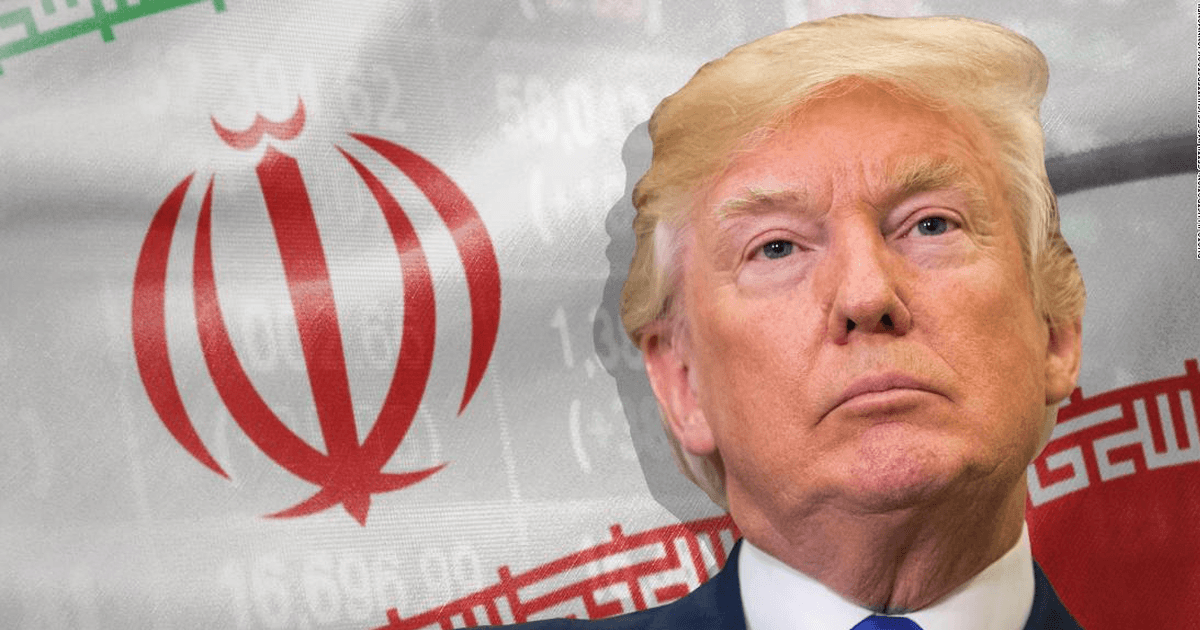The Ease of doing business index ranks countries against each other based on how much the regulatory environment is conducive to business operations in a country and based on which country legislatively provides more for stronger protections of property rights. To read the index correctly, economies with a high rank (1 to 20) depict that they have simpler and friendlier regulations for businesses.
Ease of Doing Business 2020 Report
Pakistan in recent years carried out six reforms that helped in improving its ranking from 136 to 108 (28 notches), according to the WB’s annual flagship report, ‘Ease of Doing Business 2020’, released earlier this year. More importantly, Pakistan turned out to be the sixth global reformer and first in South Asia that brought about ease in doing business over the last one year.
Since the report came out in PTI’s tenure, obviously it is trying to take all the credit for it, while the PML-N maintains that this success should in fact be credited to Shahid Khaqan Abbasi & Miftah Ismail’s tenure when these reforms were actually carried out.
Politics aside, the reality is that despite this impressive improvement in ranking, for Pakistan to truly become a preferred choice of global investors, the report can only be regarded at best as ‘work in progress’ where there still remains a long way to go. Ironically, the weak links or impediments to investment can still be traced to bureaucratic red tape cum outdated foreclosure and oversight laws, both at the center and provincial levels, despite the constant rhetoric of fifth generation reforms from the very same quarters!
Read More: How Businesses Have Shifted Focus to Survive the Global Pandemic
Impediments to investment
The damage this causes is two folds: One, it discourages and distracts entrepreneurs from implementing innovative ideas and second, it gives credence to or aides in promoting a political economy that fosters corruption, nepotism, conflict of interest and crony capitalism. Needless to say that such an environment leads to graft and off-the-books payments that ultimately end up damaging competitiveness of Pakistani companies, both in the domestic and international markets – a notion termed by Peter Drucker in his ‘In Search of Excellence’ as, “Regulatory Cholesterol”.
A recent study by Manish Sabharwal from the platform of TeamLease Services, tries to measure such regulatory overkill from the governmental data box in the sub-continent (mainly India & Pakistan) and the results (almost similar for both countries) are absolutely alarming. Basically, they present the following story: Companies in India & Pakistan have to annually adhere to around 69,233 compliances and about 6,618 filings and intimations.
Covid-19 pandemic makes matter worse for firms
One can only imagine that the outbreak of Covid-19 pandemic makes matter worse for firms from the perspective of compliance. In a latest assessment by the multinational compliance consultants, BV, the new protocols add another 3,000 reports/reporting annually, combined at district, provincial and federal levels – particularly with respect to lockdown norms. Now amidst all this, imagine the plight of the SMEs (Small & Medium Sized Enterprises), who run the risk of being buried under paperwork, which more often than not, tends to be a pointless exercise at a time when their revenues have already taken a nosedive.
A climb on the ease of doing business or not, if anyone thinks running a business is tough, then wait till you try setting up one in Pakistan. In this same very World Bank’s report where we have moved up 28 notches, the rank as far as setting up a new business is concerned, still remains quite dismal within the 190 countries. Pakistan’s position could have been even better had the bureaucracy of the State Bank of Pakistan (SBP) and Ministry of Finance not blocked or delayed the issuance of rules and regulations related to two other critical areas.
Read More: Opinion: Businessmen should be kept away from politics
Pakistan needs to set up dispute resolution bodies
Enforcing contracts and getting credit still remained weak areas for Pakistan despite Parliament enacting laws around three to four years ago. To improve rating on these pillars, Pakistan needs to set up dispute resolution bodies at district levels and maintain a registry of movable assets for securing loans.
The two above-cited institutions delayed implementation of these laws that led to the rejection of two more reforms: Pakistan’s ranking on enforcing contracts remained unchanged at 156 and dropped on getting credit by seven spots to 119. Similarly, on protecting minority rights, its ranking slipped by 2 points to 28 and dropped on resolving insolvency by 5 spots to 58.
Perhaps the underlying problem with respect to ease of doing business in Pakistan is that most of our reforms or legislative changes have been pro specific businesses but not pro market in the overall or general sense. Meaning, while the latter spurs competition in a rules-based-regime, the former merely exacerbates an exception-based regime premised on discretionary powers vested in the hands of ruling authorities. Not only has this fostered corruption over time, it has also left most Pakistani businesses vulnerable to a change in regime – and even more damagingly, it has killed the very innovative spirit and risk taking appetite amongst our aspiring business youth.
Read More: Why Banks are not doing enough in Pakistan?
Covid-19 pandemic upside – Increases Ease of Doing Business
However, on the up side one feels that the Covid-19 pandemic may have actually provided the government with a perfect cover to ring the long awaited reforms and make the kind of transformative changes its leadership has always been talking about. The new focus cum an ever-increasing dependence on Information technology (post Covid-19) may in fact be the very game changer we have been waiting for, as it tends to be the ideal tool to by pass red tape and intermediaries, in the process weeding out both, corrupt practices and corruption.
To sum it up, whereas, it is heartening to note that Pakistan has made good progress in improving its ranking in the ease of doing business, but this has mostly been done by capitalizing on some of the low hanging fruit and without ringing any substantive reforms at the provincial or federal level.
To achieve the next level is now going to be a real challenge, as there is bound to be push back from the forces opposed to change and to resist this push back in the coming days will in fact be the litmus test of this government’s resolve to indeed bring about the revolutionary yet a sustainable change it has promised all along in its manifesto!
Dr Kamal Monnoo is a political analyst. He is honorary consul general of the Czech Republic in Punjab, Pakistan, and a member Board of Governors of Islamabad Policy Research Institute. He is the author of two books ‘A Study of WTO’, and ‘Economic Management in Pakistan.’ He can be reached at: kamal.monnoo@gmail.com. The views expressed in this article are the author’s own and do not necessarily reflect the editorial policy of Global Village Space.













